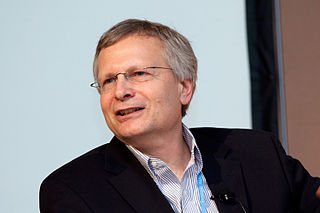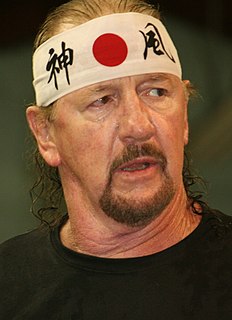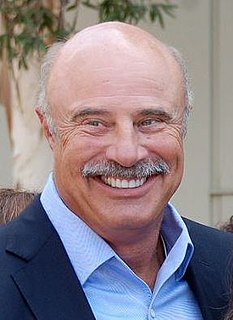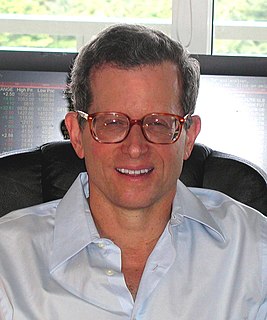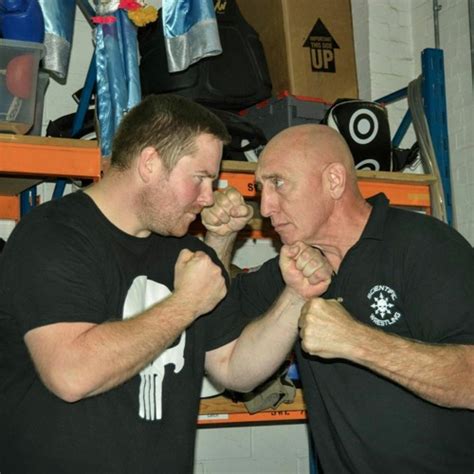A Quote by Dani Rodrik
What determines success in industrial policy is not the ability to pick winners but the capacity to let the losers go.
Quote Topics
Related Quotes
This is a war universe. War all the time. That is its nature. There may be other universes based on all sorts of other principles, but ours seems to be based on war and games. All games are basically hostile. Winners and losers. We see them all around us: the winners and the losers. The losers can oftentimes become winners, and the winners can very easily become losers.
The guys that go into the Hall of Fame are the winners, and the losers are the ones who put them in there, and I would like to see some of the great losers through the years be in the Hall of Fame. I know that that's probably impossible, but you've got to give those losers credit, they made the winners.
Most companies want free enterprise in general because that produces better goods and services and makes people's lives better, but they don't want it in their business. They want protection from competition, they want subsidies, they want the government to pick winners and losers, and they want to be picked as winners, and that's what we're opposing, and that's what drives my whole efforts in policy, and in the political arena.
